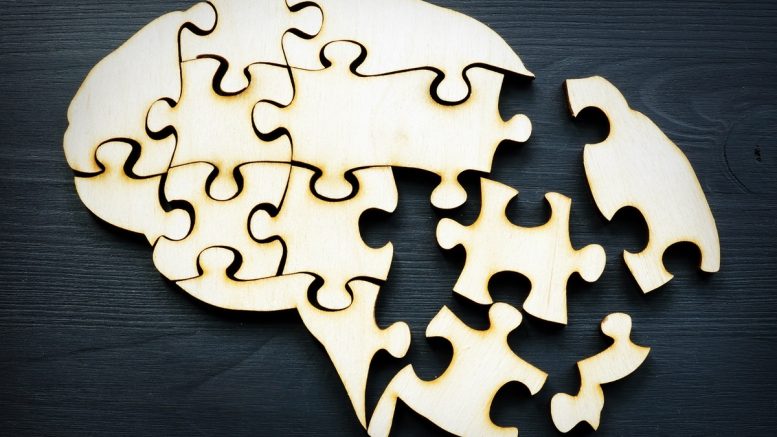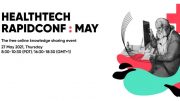Igor Dolgushin’s AI approach changes the way medicine deals with major neurocognitive disorders like dementia.
No matter the industry, businesses today grow faster with AI that quickly processes huge amounts of information and provides data-driven insights. In medicine, AI predicts diseases, corrects treatment plans, improves imaging diagnostics, and accelerates drug discovery. What once seemed impossible in medicine is now achievable thanks to technology.
Doctor of Medicine, CEO and founder of SENSOR23, Igor Dolgushin has developed an AI-powered method to predict and prevent neurocognitive disorders such as dementia and Alzheimer’s at their earliest stages. This approach is now successfully implemented in mental and brain health centers in Barcelona. Recently the innovation has caught the attention of investors: it received a budget from venture capital FTT Labs, led by Boris Gertsovsky.
AI-Driven Approach to Neurocognitive Disorders
SENSOR23 method lies in applying AI technologies to P4 medicine (Predictive, Preventive, Personalized, and Participatory). It aims to predict and prevent major neurocognitive diseases like dementia and its forms before they progress.
Over 55 million people worldwide had dementia in 2020. This number is expected to nearly double every 20 years, reaching 78 million by 2030 and 139 million by 2050 (according to Alzheimer’s Disease International).
Alzheimer’s and other forms of dementia can only be effectively treated or stopped in their earliest stages. However, they are often diagnosed only after symptoms have progressed. Some medications can help manage these symptoms, but they don’t work for everyone, and their effects can wear off over time.
Technology offers the tools to detect major neurocognitive diseases possible at early stages. Specialists in the brain and mental health centers develop tailored and advanced therapy plans, that include neurofeedback, brain stimulation, molecular-vitamin complexes, brain mapping, and other comprehensive measures.
“An innovative approach seeks to change the situation: it provides full automation and computer-based dynamic adaptive personalization of the rehabilitation process for patients with dementia.” – says Doctor Igor Dolgushin.
How AI solutions work:
- Predictive Diagnostics. AI-powered algorithms analyze minimal diagnostic data to predict cognitive disorders at the earliest stages. Machine learning (ML) and econometric analysis tools derive insights, even from simple datasets.
- Improved causality between symptoms and conditions. AI goes deeper than diagnosis, it uncovers connections between symptoms and conditions. For example, it can detect a correlation between gut health and migraines, so doctors can provide more effective treatment.
- Personalized treatment plans. The system automates and personalizes rehabilitation programs for patients, and adapts them to the patient’s condition.
While AI doesn’t replace human specialists, it acts as an assistant that brings a detailed, data-driven picture of each patient. For example, AI can identify subtle changes, such as variations in a patient’s speech patterns, that may indicate neurological disorders like Parkinson’s, Dementia, Alzheimer’s, or ALS.
SENSOR23 method demonstrates how AI technology can handle even neurocognitive diseases. As venture capital flows into projects like this, it’s clear that the intersection of AI and medicine continues to take off.





